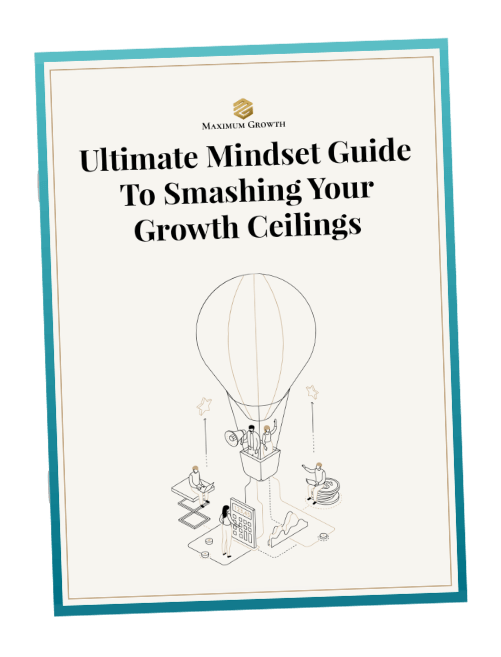I received a call from someone on Monday. Their relationship was breaking down.
It made me wonder why some are more turbulent than others. Why do some people melt down around relationships, and others can find their sense of identity and self if the relationship lasts or if it doesn’t?
We all have needs in relationships. Just like the body has needs, so does a relationship. It doesn’t matter the type of relationship. Without it, the relationship dies off. In an intimate relationship, we have certain conscious and unconscious needs.
Everyone has them, and it’s when we don’t discover them, and our spouse doesn’t meet the invisible need, war can break out.
Some people have “spidey sense” for very small shifts in the relationship. Research has shown some people pick up on changes in emotions and facial cues faster and tune into the emotions of others more readily.
If you find yourself perceptive of people, you might also have a tendency to jump to conclusions or catastrophize situations if they do not have their spidey sense under control.
So, rather than your rational mind coming online and thinking, the reason they haven’t called you back is that they are stuck in a meeting, or their boss is going at them.
Instead, you think they don’t want to be with you and the relationship is over.
When you feel that something is not going well in your relationship, then it’s possible you have activated a strategy to come online.
An activated strategy hijacks the brain and attempts to reestablish the connection to our partner as a priority.
When we are unaware of ourselves being activated or triggered, it’s difficult to calm down until you have a clear indication from your spouse’s words or actions that they are truly there and the relationship is safe.
Once your partner responds in a way that reestablishes security, you come back to your centre self.
AKA, the outer world helps you to feel safe again.
When the strategy is activated, and you can’t calm down, you can be consumed with thoughts that attempt to reestablish closeness with your partner.
These thoughts are called activating strategies, and they include:
- Thinking about your mate, difficulty concentrating on other things.
- Remembering only their perceived positive qualities.
- Putting them on a pedestal: underestimating your abilities and overestimating theirs.
- An anxious feeling that goes away only when you are in contact with them
- All or none statements like;
- “I’m only compatible with very few people—what are the chances I’ll find another person like him/her? “
- “It takes years to meet someone new; I’ll end up alone.”
- Believing that even though you’re unhappy, you’d better not let go, as in:
- “If she leaves me, she’ll turn into a great person—for someone else.”
- “He can change.”
- “All couples have problems—we’re not special in that regard.”
When your conscious or unconscious needs go unmet, the behaviour escalates, and you may resort to protest behaviour.
Protest behaviour is any action that tries to reestablish the connection with your partner and get their attention.
If we can communicate and reassure our partner’s needs before they engage in protest behaviour, then they can be calmed very quickly.
If things continue to escalate and needs continue to go unmet, protest behaviour occurs. Protest behaviour includes:
- Excessive attempts to reestablish contact: Excessive texting, calling, messaging etc.
- Withdrawing: Ignoring, not taking calls, etc.
- Keeping score: Waiting to see how long it takes for them to call you back and waiting the same amount of time before returning their call, waiting for them to apologize, etc.
- Acting hostile: Eye rolling, walking away, leaving room
- Threatening to leave: Making comments that you can’t do this anymore and that you’re better off without the person in hopes that they will convince you to stay
- Manipulations: Saying you have plans when you don’t, not answering calls, playing games
- Making him/her feel jealous: making plans with an ex, talking about your attractive coworker, texting friends of the opposite sex, etc.
If you are reading this and feel that you can relate, most of the time when we apply the Demartini Method we are working on protest behaviour.
But, we haven’t found the problem underneath the problem.
What drove that behaviour in the first place?
And deeper again, getting 100% clear on your needs in the relationship. Ask yourself, what are the needs that would help to make the relationship fulfilling for you?
Know your needs, acknowledge your activating strategies when they arise and learn to communicate your needs effectively with your spouse.
Save you a lot of time, stress and frustration in the future.
With love and connection,
Tanya x
Leadership Coach & Master Certified Demartini Method Facilitator
BAppSoSc (Counselling)
Private Coaching and Group Coaching are available


